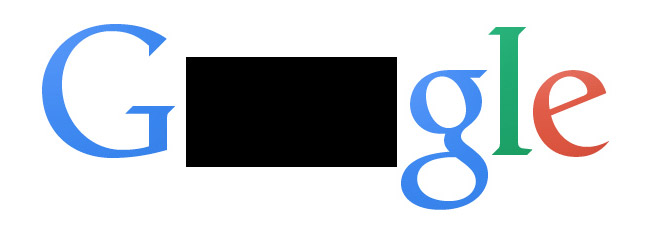Remembering Transparency Amid the "Right to be Forgotten"
 In a fabulously ironic article on Friday, July 18, The Wall Street Journal spotlighted a Netherlands-based PE investor who took advantage of the European Union Court of Justice's recent ruling that individuals can now request that Google remove irrelevant links from searches of their name. The WSJ apparently received a notification from Google that an article had been removed from a number of European search results. (And yes, the article cited the investor's original article of contention in this new, now undoubtedly highly-cited piece.)
In a fabulously ironic article on Friday, July 18, The Wall Street Journal spotlighted a Netherlands-based PE investor who took advantage of the European Union Court of Justice's recent ruling that individuals can now request that Google remove irrelevant links from searches of their name. The WSJ apparently received a notification from Google that an article had been removed from a number of European search results. (And yes, the article cited the investor's original article of contention in this new, now undoubtedly highly-cited piece.)
Since the May ruling, Google has received over 70,000 takedown requests for the removal 250,000 webpages from search results, according to the company's official blog. Amid the process of removing links, Google has begun sending websites notifications of articles which no longer appear in search results – sparking an initial backlash from journalists who are seeing their stories fall off of Google's radar.
The ruling has also ignited a long, arguably subjective process for Google. In an initial response to the decision, a spokesperson noted: "The court's ruling requires Google to make difficult judgments about an individual's right to be forgotten and the public's right to know."
Yet individuals and companies also have a judgment call to make. For high-profile leaders who have historically exercised little control over their online reputation, disaffiliating from negative press and embarrassing teenage escapades is a tempting option.
But the public still demands transparency. Public figures have come under fire for "Tweet and delete" tactics (think Rep. Cohen during the SOTU last year and following). Additionally, any PR pro will tell their clients that deleting negative customer comments on social media channels is a big no-no – address them, don't avoid them.
In PR, we know that a negative story or a sour online post can have far-reaching impacts on a business leader's reputation, potentially costing them business, recruits, partnerships...the list goes on. Thus far, we've been at the mercy of Google's algorithms to determine how our clients appear on the search engine, quietly arming our press releases with keywords and hyperlinks and aiming to bring success stories to the top of search results. Now that some level of control is restored to individuals, we must decide if the potential for a sparkling Google search is worth compromising transparency.
Granted, negative stories that are removed from search rankings will still live online, but if a tree falls in a forest and you can't Google it, does it really make a sound?
Obviously, the concept of "the right to be forgotten" offers a stark contrast to the pillars of free speech in the U.S., where the "what happens in Vegas lives on the internet" mentality rules – so we shouldn't get ahead of ourselves in thinking our North American clients will be faced with this decision/opportunity in the short-term. Yet our clients are becoming increasingly global, so PR folks with clients in the EU will need to weigh the options as they advise business leaders on building their online reputation.
According to The WSJ, the main body grouping the European Union's privacy regulators has invited Google, Microsoft, and Yahoo to a meeting this past Thursday in Brussels to discuss the ruling and what it means going forward. The tide of internet privacy is shifting and having a significant impact on reputation management, so it will be interesting to see how this plays out.
What do you think? Would you advise a client to request removal of a story that has negatively impacted their reputation? ![]()
